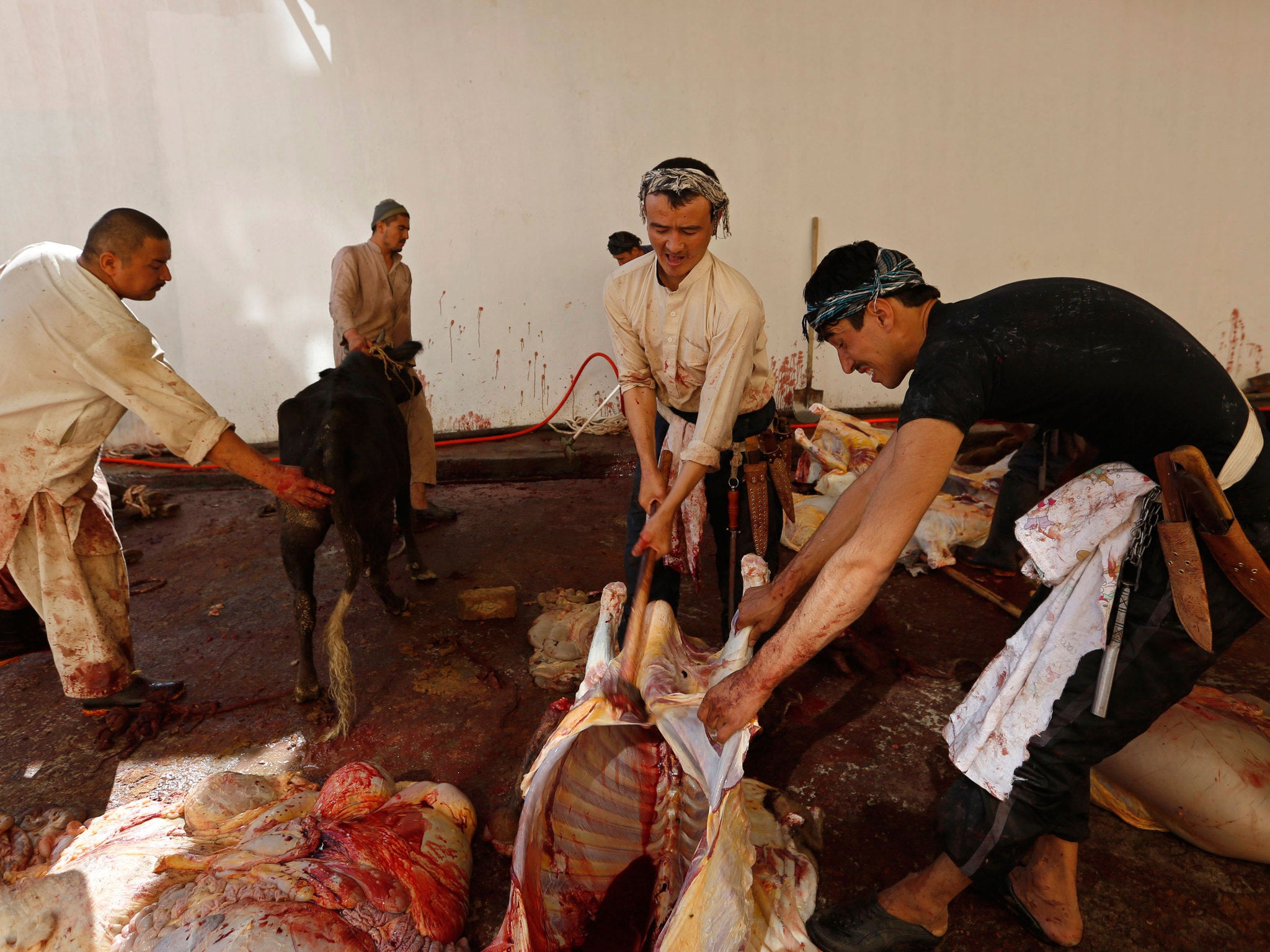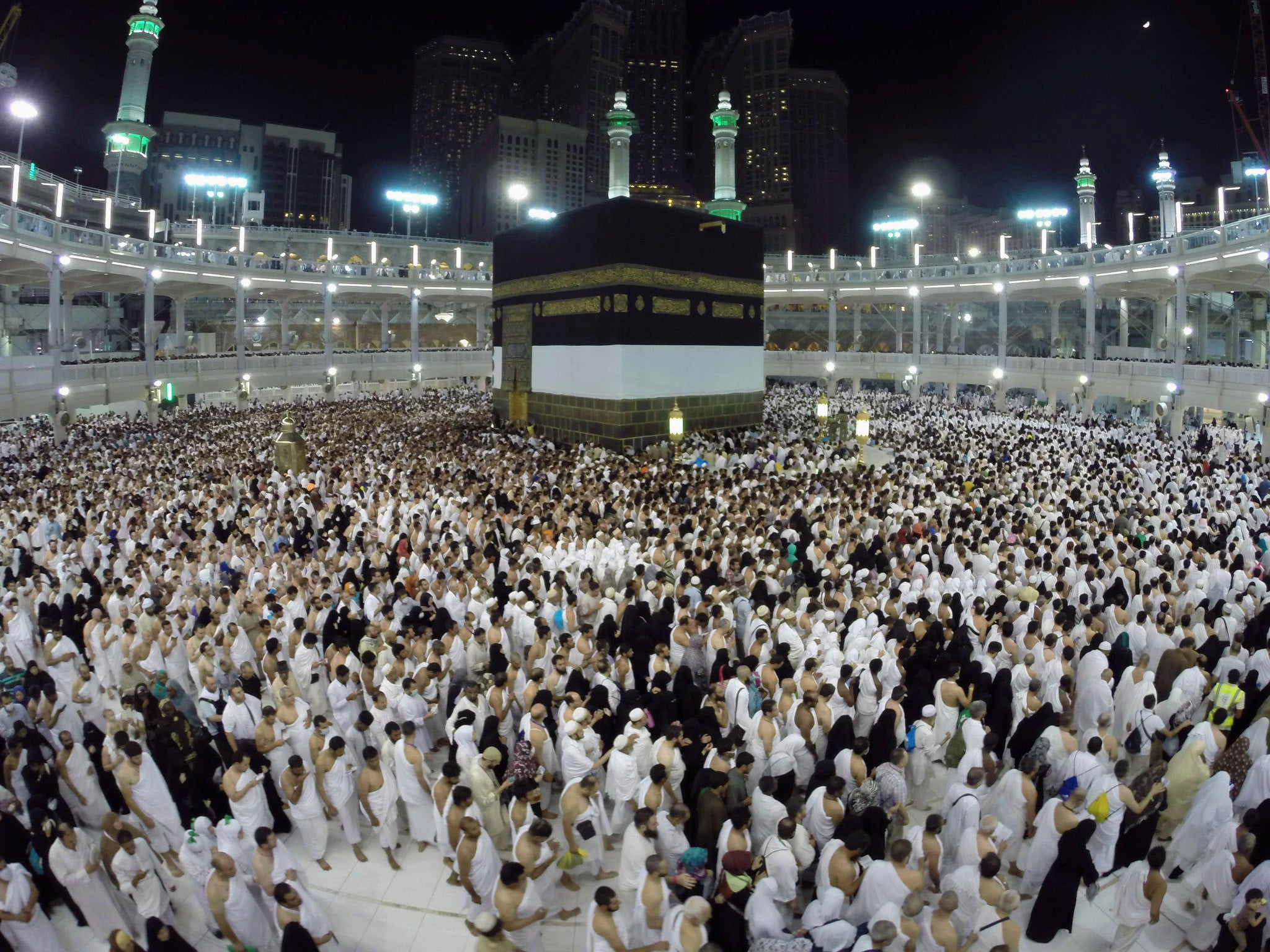Eid Mubarak 2014: What is Eid al-Adha and why is sacrifice significant?
Eid al-Adha, the second Eid of the year, coincides with the end of Hajj
This weekend Muslims celebrated Eid al-Adha, known as the Feast of Sacrifice or the Greater Eid, and is one of the two most important celebrations in the Muslim calendar.
What are the two Eid festivals?
The Muslim calendar holds two Eid festivals. The first, Eid al-Fitr, lasts several days and marks the end of Ramadan, the holy month of fasting. The second, known as the Greater Eid or Eid al-Adha, commemorates the willingness of Ibrahim to sacrifice his son Ishmael as an act of obedience to Allah.
Sacrifices, new clothes and prayer
Eid al-Adha is also known as the Festival of Sacrifice. After witnessing Ibrahim’s devotion and willingness to sacrifice his son, Allah gave him a lamb to sacrifice in the stead of his son, Ishmael.

Muslim’s today sacrifice a sheep or a goat, the meat of which is shared among friends, family, and the poor, with each receiving a third. In the UK, people also sacrifice animals but are required to make arrangements to ensure it is slaughtered humanely.
Unlike Eid Al-Fitr, the festivities for the Greater Eid last for one day and Muslims usually start off the celebrations by reciting the Takbir at dawn before conducting the communal prayer Salat al-Eid.
People then attend Mosque for prayers in either new or their best clothes to thank Allah for the blessings they have received, and exchange the greeting "Eid Mubarak," meaning "blessed Eid".

The end of Hajj
The Greater Eid also marks the end of Hajj, the five-day religious journey that takes Muslims to the Grand Mosque in Mecca, Saudi Arabia.
Over two million Muslims made the pilgrimage this year, which spans over a week and requires the completion of a set of tasks, culminating in reaching the cube-shaped Kaaba inside the Grand Mosque.
Join our commenting forum
Join thought-provoking conversations, follow other Independent readers and see their replies
Comments
Bookmark popover
Removed from bookmarks